One of the most significant phenomena in Indian politics over the last few years has been the growth of oppositional political movements. Yet, analysis of how this has effected political transformation in India, particularly the decline of the Congress Party and the growth of the BJP, has been inadequate. Through an analysis of oppositional politics in India’s most influential state, Uttar Pradesh, this book offers insights into the interplay between Congress and opposition politics in the transition to a post-Congress polity. Two discernible trends in this transition are identified. First, greater participation and empowerment of hitherto excluded groups and second, the assertion of exclusivist identities and communal interests. The most significant outcome of this contest between the politics of empowerment versus the politics of difference is a dramatic increase in the influence of the vernacular elite and the shift of the locus of power from upper castes to the ascendant backward and lower castes. Potentially the most radical challenge the upper castes face is in Uttar Pradesh; the author argues that it would significantly affect the overall structure of inequality. The way in which conflicts between castes and communities will be played out in Uttar Pradesh would influence the future of democratic politics and alter the ways of winning and sustaining political power at the national level. Setting the analysis in a broader trajectory of change in Indian society and politics, this book explores the growth of the oppositional politics of farmers, other backward classes and Hindutva in Uttar Pradesh that contributed to the collapse of the Congress Party and the disintegration of the Congress system. It also delineates the strategies and tactics of mobilization employed by leading political parties and organizations to accomplish this transformation.
India: Social Development Report, 2012: Minorities at the Margins
In India, the debate around ...
$41.40
$46.00


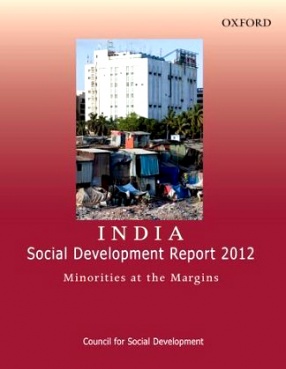
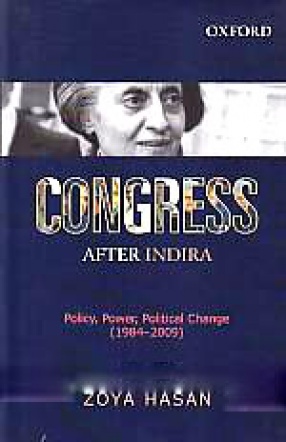
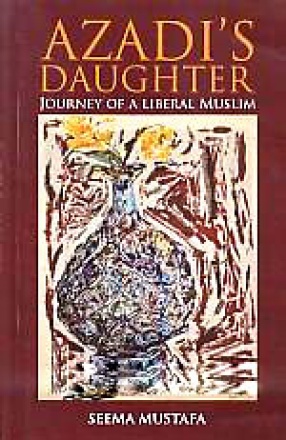
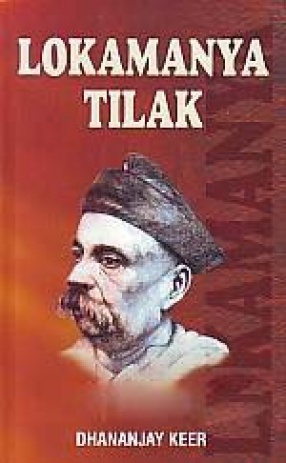
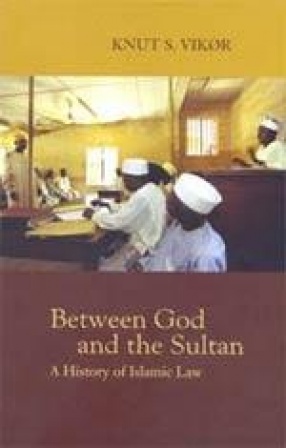
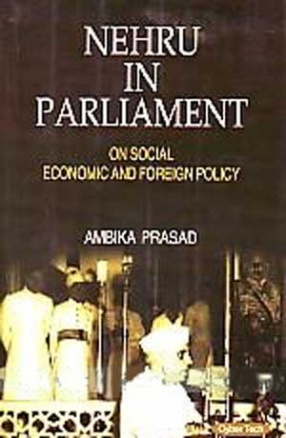
There are no reviews yet.